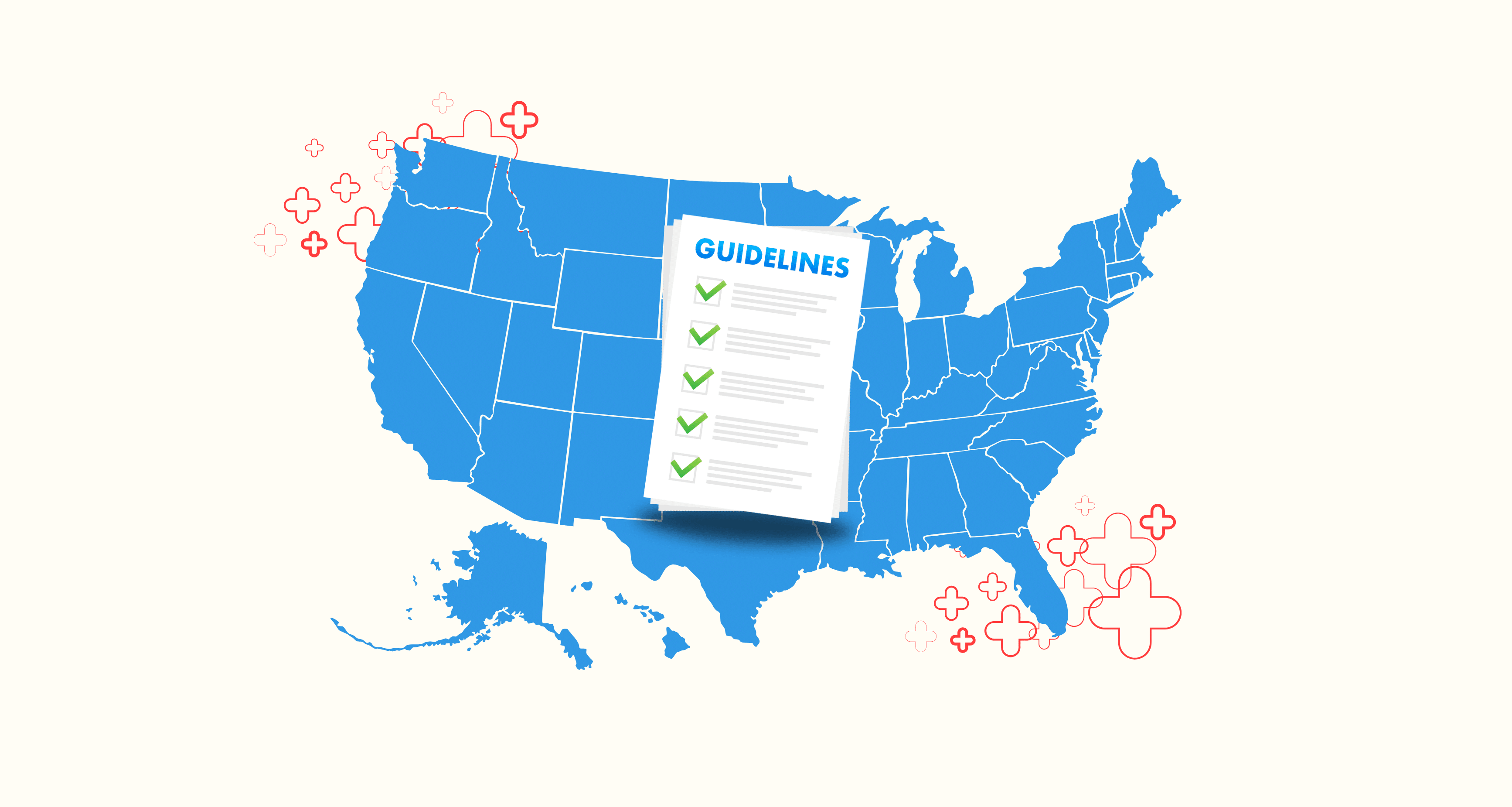
Many U.S. healthcare organizations are increasingly engaging with the global marketplace to deliver optimal patient care. Because care requires using and exchanging sensitive patient information, adherence to U.S. security and privacy regulations is imperative. When personal health information transcends international borders, vendors outside the U.S. must also be mindful of these healthcare compliance frameworks.
A Compliance Framework for the U.S. Healthcare Industry
If you operate outside the U.S. and handle patient and other sensitive data, the legal obligation to comply with U.S. law extends to you. Specifically, the U.S. healthcare compliance framework serves these purposes:
- Protect patient privacy: Health records and protected health information must remain confidential and private, with only essential providers and personnel having access to it. When unauthorized parties gain access to this information, identity theft, fraud, and diminished care often result.
- Keep data secure: Hospitals, private practices, and other healthcare organizations must be constantly vigilant of data breaches. Data security compliance regulations ensure the protection of sensitive information.
- Prevent fraud: All parties must comply with laws that prevent fraud and misconduct, such as ordering necessary tests or treatments or billing for services not provided.
- Assure quality of care: All companies that provide care, medications, equipment, and services to patients must carry out measures that prevent mistakes, carelessness, or malicious behavior.
Laws and Guidelines Making Up the U.S. Healthcare Compliance Framework
The Office of the Inspector General (OIG) of the U.S. Department of Health and Human Services (HHS) enforces compliance laws that protect patient information, prevent fraud, and uphold care quality. As an international vendor, you need to be familiar with and adhere to the following healthcare compliance frameworks.
HIPAA
Signed into law in 1996, the Health Insurance Portability and Accountability Act (HIPAA) safeguards the privacy and security of people’s health-related information. Besides healthcare organizations, HIPAA applies to business associates, which include enterprises that provide claims processing, billing, and data storage services. Regardless of size, your organization is subject to HIPAA regulations if it handles, stores, or transmits U.S. patients’ protected health information (PHI).
International companies aren’t immune to the consequences of HIPAA violations. Failing to comply with HIPAA could lead to legal action and fines of up to $500,000 per infraction, depending on its severity.
HITECH Act
The Health Information Technology for Economic Clinical Health (HITECH) Act is a component of the 2009 American Recovery and Reinvestment Act. It works hand-in-hand with HIPAA to protect PHI by promoting the use of electronic medical records. Due to increasing amounts of PHI sharing across providers and organizations to cut costs, the HITECH Act expands HIPAA privacy protections by broadening liability and toughening repercussions for non-compliance regarding electronic data.
HITRUST CSF
As an independent organization, the Health Information Trust (HITRUST) Alliance supports healthcare entities and cloud service providers in protecting patient data and complying with privacy regulations and standards. HITRUST developed HITRUST CSF (common security framework), an approach that makes it easier for organizations to meet HIPAA and HITECH Act requirements by reducing security risk and addressing compliance.
Based on its design, HITRUST CSF is flexible enough to meet organizational needs based on system structure, size, corporate type, and legal requirements. With this level of adaptability, applying this compliance framework helps ensure that your organization follows all HIPAA requirements.
A Compliance Provider Can Provide Support to International Vendors
When addressing healthcare compliance frameworks in the U.S., international vendors need to ensure complete control over their cloud-based and other electronic data. This can be daunting for many entities, especially when the process requires risk reduction, data cataloging and management, and proper data classification.
At Compliancy Group, we can help your organization navigate U.S. compliance frameworks and streamline your data management process to meet your needs. Contact us today to learn how our compliance software and other services can help you address U.S. compliance requirements and even grow your business.








